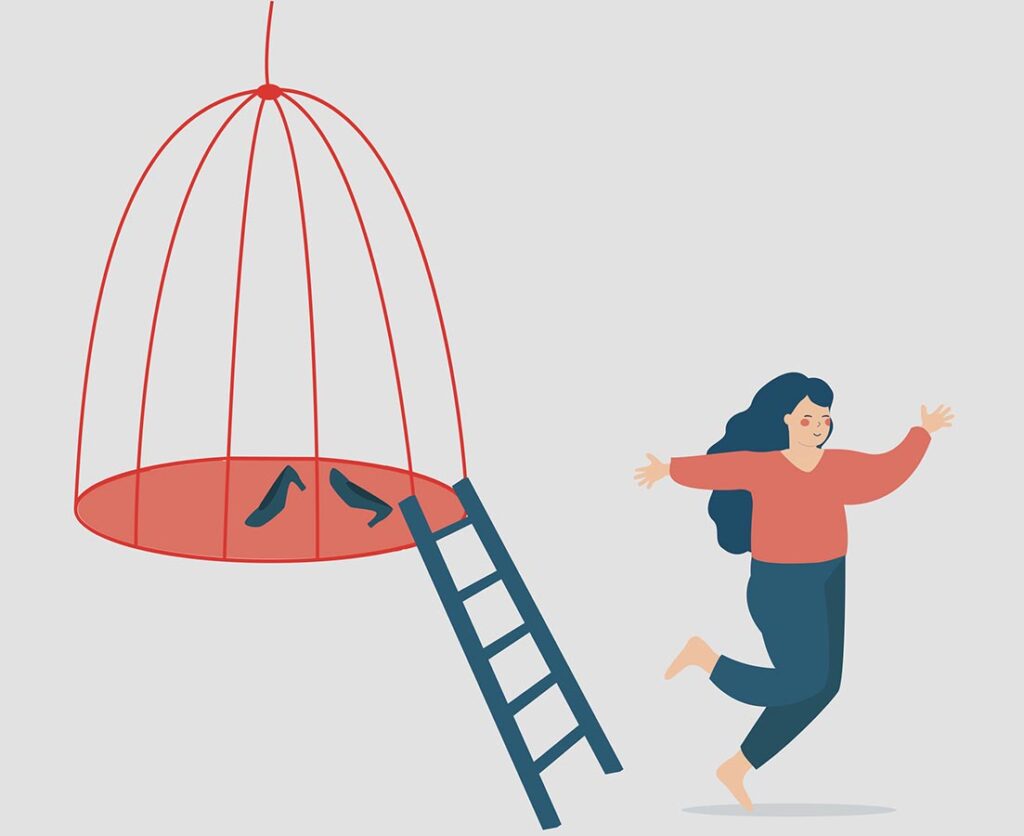There is a good chance that you have first hand experience with the dreadful consequences of substance abuse. Maybe you are in recovery yourself, or are actively engaged in addiction. Maybe you have witnessed a family member, dear friend, a coworker or the child of a friend have their life thrown upside down from substance abuse. Really I should say ‘lives thrown upside down’ because the suffering caused by addiction spreads far beyond the addict themself. Let’s talk about the connection between yoga and recovery.
Addiction truly is a disorder of the body, mind, and spirit. Yoga is a practice which supports and heals body, mind, and spirit; a holistic therapy for a disorder which wholly destroys. In what ways can yoga support the path of recovery?
- Physical Healing: Yoga promotes physical well-being by improving flexibility, strength, and overall fitness. This can help individuals recovering from substance abuse regain their physical health and energy.
- Stress Reduction: Yoga emphasizes mindfulness and relaxation techniques that reduce stress and anxiety, which are often triggers for substance abuse. Through deep breathing and meditation, it provides healthier coping mechanisms.
- Emotional Balance: Yoga encourages self-awareness and emotional regulation. It allows individuals to explore their emotions in a safe and non-judgmental environment, helping them understand and manage their feelings without resorting to substances.
- Community and Support: Practicing yoga in a class can foster a sense of belonging and support. We call this community a sangha. This social aspect can be vital for individuals in recovery, providing a positive and non-substance-related community.
- Mind-Body Connection: Yoga strengthens the mind-body connection, helping individuals become more attuned to their physical sensations and emotional states. This heightened awareness can aid in recognizing and addressing triggers for substance use.
- Improved Sleep: Many people in recovery struggle with sleep disturbances. Yoga can enhance the quality of sleep through relaxation techniques, promoting better rest and overall well-being.
- Holistic Approach: Yoga’s holistic approach aligns with the principles of recovery, emphasizing self-care, self-acceptance, and self-compassion. It encourages individuals to take responsibility for their health and make positive choices.
What to look for in a yoga class
Yoga is more than just sweating, moving, balancing and contorting. If you are looking for a class which is more than a workout, you’ll want to seek out a teacher who is trained in trauma informed yoga. You may also want to make sure that the class style suits you which may be a Restorative class which is physically relaxing and settling to the mind, or maybe a Hatha class with more strength building. When you find a trauma informed yoga class, you’ll find a physical practice that focuses on the bodymind, treating the mind and body as a unified whole. What else can you expect in a trauma informed yoga class:
- No body judgements
- No commands on what you are to do, only suggestions and invitations
- Modifications for poses that present challenges
- A non competitive environment
- Focus on mental and emotional relief as well as physical health
Building a yoga practice takes time and intention. So does recovery. Including yoga in your life builds the ability pause before reacting and make decisions based on taking care of yourself (not harming yourself). You’ll find that you don’t internalize every perceived criticism, and that you can ride out tough moments because you know they will pass. Years ago, you could say that complements ran off me like water on a ducks back, but insults went right to the bone. This is the internalizing I mentioned above. I give credit to my yoga practice for helping me embody the knowledge that most insults or aggressions are rooted in the giver’s insecurity. By this I mean, I knew in my head that these people were being jerks, but it took time to bring my bodily reaction to negative people to a healthy place.
Incorporating yoga into a recovery plan can be very effective, but it’s not a substitute for professional treatment. It should complement other therapies and interventions as part of a comprehensive approach to recovery. Yoga’s capacity to address physical, mental, and emotional aspects of our lives makes it a valuable tool in the journey toward sobriety and overall well-being.
If you or someone you know is experiencing a mental health crisis, please call 988 immediately. Help is available!




